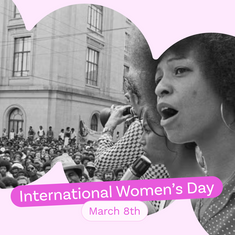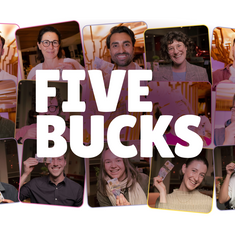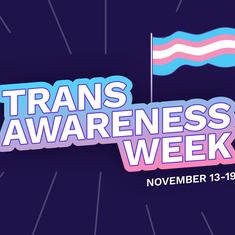
Interview with Muna Hussen, Head of Marketing and Fundraising at The Bike Project.
The Bike Project is a multi-tier charity and social enterprise located in the UK. Their mission is simple; take in second hand bikes, fix them up, and donate them to refugees and asylum seekers in the UK.
Do you remember the first time you rode a bike? You’re finally off your training wheels, no longer falling over, and your parents finally agree it’s safe to ride on your own now. Was it just the most freeing feeling ever?
The vast majority of refugees and asylum seekers in the UK are prohibited from this type of freedom. Firstly, they're not allowed to work and are given £39 a week to live on. If they're very lucky, they get accommodation with a place to sleep, but often the accommodation is really quite subpar because there is no requirement to keep it habitable. So often, people end up homeless.
The tube and the bus system in London is also extremely expensive. A bus pass is £22 a week so £39 doesn’t really get very far. “The issue is that obviously you could spend all your time just at home, but you know, for people who have no community, no friends and their family, who've gone through quite a traumatic experience to get there, being stuck in their house, in their one room, in their bed sit, is probably not that helpful to their mental wellbeing.”
What’s so powerful about a bike?
The Bike Project’s CEO and Founder, Jem Stein, started this organisation when he was at university. He was mentoring a refugee from Sudan and he gave him his old bike, and he suddenly realised how Adam's life was changed. He was able to go out and cycle, go to school, food banks, it was a free method of exercise and most importantly, he was able to connect with other people. He was finally empowered to live his life.
Jem then decided to start doing this on a bigger scale. He set up a workshop in London in 2019, then expanded to Birmingham, and this year they’ve been running what they are unofficially calling a road show. Essentially they’ve been going to other cities donating bikes, and are 2-3 weeks away from donating their 10,000th bike!
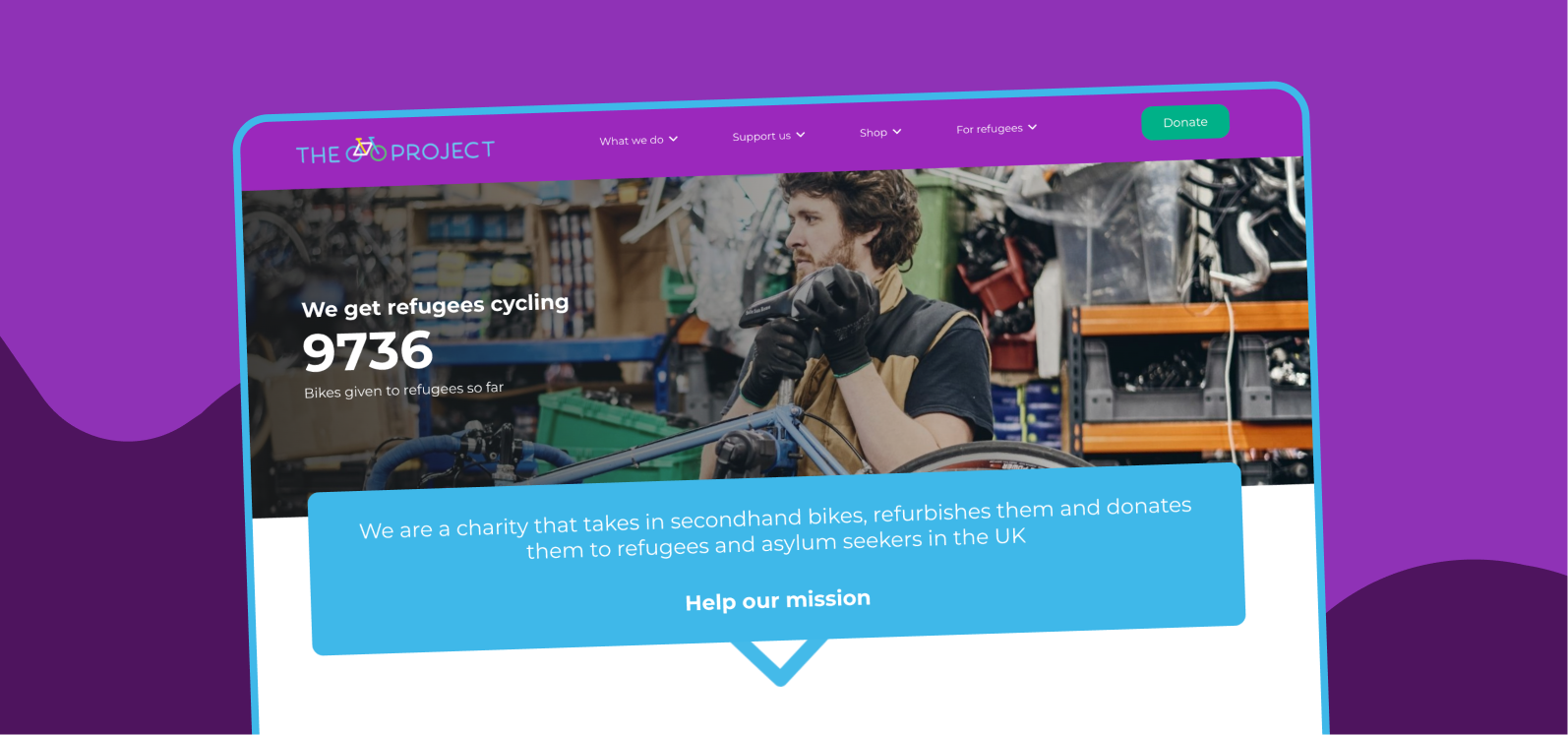
They also run women only cycling classes called Pedal Power, because they noticed that the number of people coming to pick up bikes were predominantly men. It turned out that it was because women felt uncomfortable as they didn't know how to cycle. The majority come from communities or countries where they weren't encouraged to cycle. So The Bike Project set up women-only cycling classes for anyone who identifies as female. It's run entirely by female cycling instructors, and it's all across London and the west Midlands.
They’ve had 450 pedal power graduates so far, that's 450 women, who've gone through their program, who’ve learnt to cycle, and received bikes.
Tell us about your flagship campaign?
Refugee Routes is their active event campaign which is in its third year and has raised over £130,000 (including GiftAid), with 678 fundraisers who have cycled 214,331 miles. That’s equivalent to over 1,300 people getting bikes.
They’ve encouraged so much participation by their supporters by marrying digital storytelling really closely to the concept. The campaign's challenge is to cycle the distance of a common migration route in solidarity with refugees. Every distance that an individual can pick is matched to a route that refugees take to safety. It starts from 51 miles, which is Calais to Dover, to as long as up to 1996 miles, which is Ukraine to the UK. They connected with refugees and asylum seekers who they helped and had actually taken that journey.
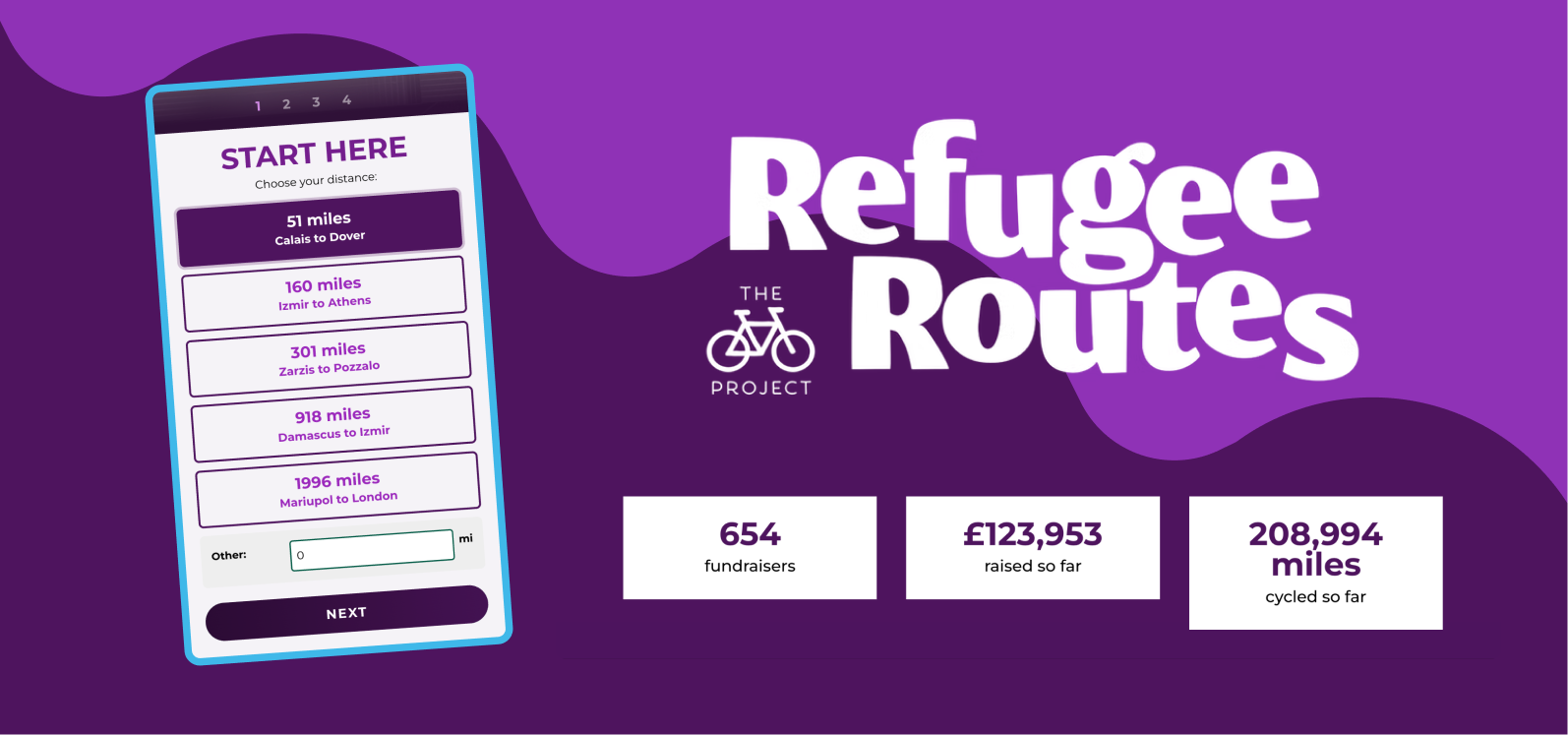
“When you sign up you can connect your Raisely profile to Strava, to track your progress and see the community of other cyclists. Every time you log a ride, and an amount is fundraised, you are put on an email journey that will tell you either what we can achieve with the sum that you fundraise. But, if it’s a distance, you will get a little snippet of the story of the refugee or asylum seeker, where they were at the time, what they were going through and so on. So through the email journeys and stewardship calls by our team, that’s how we have encouraged people to continue and finish the challenge.”
They’ve matched over 100 Bike Buddies, which is their refugee befriending service. So you can sign up if you've got a bike, and you'll be matched with a refugee in your local area and you can meet up and go for coffee or cycles. They've had people who've joined and have stayed friends for years.
Their supporters are mainly environmentally conscious people in urban locations. They’ve had supporters as young as four take on Refugee Routes, and did the 51 mile challenge. “He said his favourite part was stopping for snacks.” They also have people over 90 years old getting involved too.
Corporates have widely supported The Bike Project, with 10 so far signed up to Refugee Routes.They’ve also received donations from large bike companies such as a partnership with Brompton last year, and Bolt, which is a ride sharing company in the UK.
How did The Bike Project respond to the crisis in Ukraine?
They created an appeal on Raisely and produced a video to collect signatures in solidarity with the refugees, which was followed by an email journey. They called this a handraiser campaign, and it had two purposes; to connect with a larger subscriber base and also fundraise off the back of it. The campaign was led by the individual in the videos called Hassan Akar, a well known writer, journalist, commentator, and filmmaker. He is a Syrian refugee who came to the UK and he actually filmed his entire journey on his smartphone, called Exodus on BBC. It really shows the difficult journey one has travelled to safety!
“He got a bike from us when he came here as a refugee and we reached out to him and just said, you know, we'd love to connect. So when I met him, he said, yeah, absolutely. And then two weeks later he said, 'I'm gonna write a film for you.’
We decided to do this kind of really tongue in cheek video, which pokes fun at the preconceptions that some members of society may have black refugees and asylum seekers. You'll see Hassan saying, ‘I thought I'd be allowed to go to the Ritz. And I thought I'd get loads of champagne’”.
Hassan has quite a large social media following, and the other two people that he interacts with are also social media influencers. The Bike Project wanted to create a handraiser campaign, learning from bigger organisations such as GreenPeace who encourage you to become a climate ambassador.
They had quite a long email journey depending on what kind of actions their supporters took. There was a different journey if you signed the petition but didn't donate, and then if you did end up donating, you would then be on a third journey.
The Bike Project uses email as their main marketing channel and spends a lot of time and energy cultivating their newsletter lists. They believe if it is utilised really well it can be the most successful channel.
How has Raisely supported your fundraising?
The Bike Project moved to Raisely from Just Giving because of the pre-made templates available. “They are just so flexible, adaptable and beautifully designed. We've been able to use them as a starting point and then make them completely our own. You just upload your branding and you’re good to go!”
The Bike Project uses Zapier to integrate Salesforce with Raisely. “I know that for smaller charities who maybe can't quite afford to sign up to something like Salesforce, Raisely’s CRM is really helpful. You also really do need training and somebody who's going to be able to code it, and that cost racks up quite quickly. But if you're a sole fundraiser in a smaller charity, on Raisely you already have a springboard to start with.”
They use Campaign Monitor for their emails, but if they were starting from scratch they would recommend Raisely because “you can do everything, quite easily set off triggers, and automated emails like, a thank you when someone donates or when someone signs up as a fundraiser.”
“But I think it is again, it's just such an adaptable and easy to use system if you don't have the capacity or the skill. Your data tracking capacities are also really fantastic, for say Facebook Pixel and Google Analytics, which is exactly what we wanted. You guys are ahead of the curve, and have Google Analytics four already enabled!”
“Overall, Raisely is really versatile. We also use Raisely for our regular givers, one off donations, and Christmas appeal. Over the last two years, we've moved almost all of our fundraising onto Raisely.”
Every year, The Bike Project aims to donate 1,300-1,400 bikes. As they approach their 10,000th bike, they’ll also be celebrating their 10 year anniversary in 2023.
Stay in the loop. Delivered to your inbox twice a month.

Content Marketing Manager at Raisely, Georgie she leads content strategy to drive engagement, growth, and brand awareness for nonprofits using Raisely's fundraising platform.


